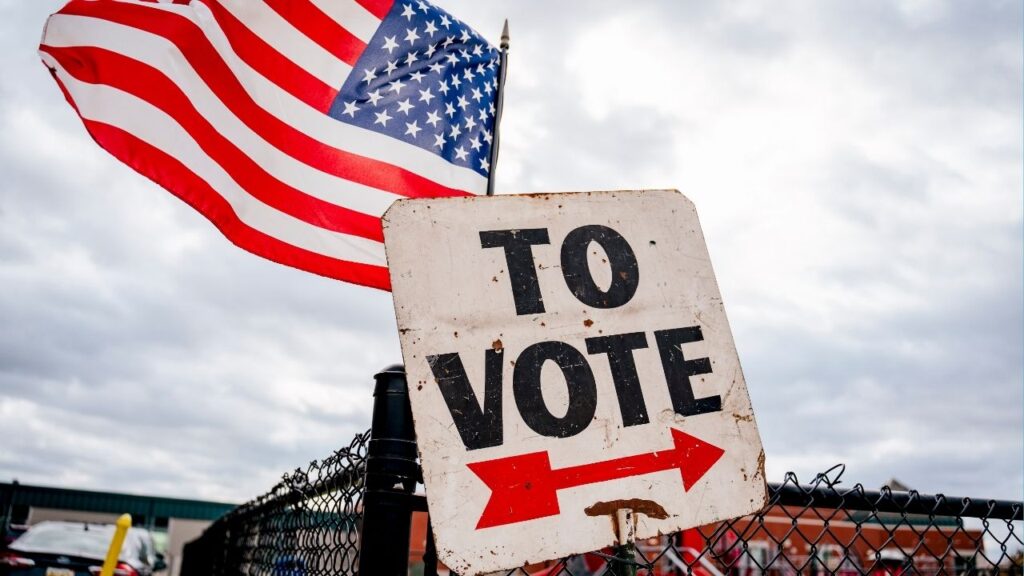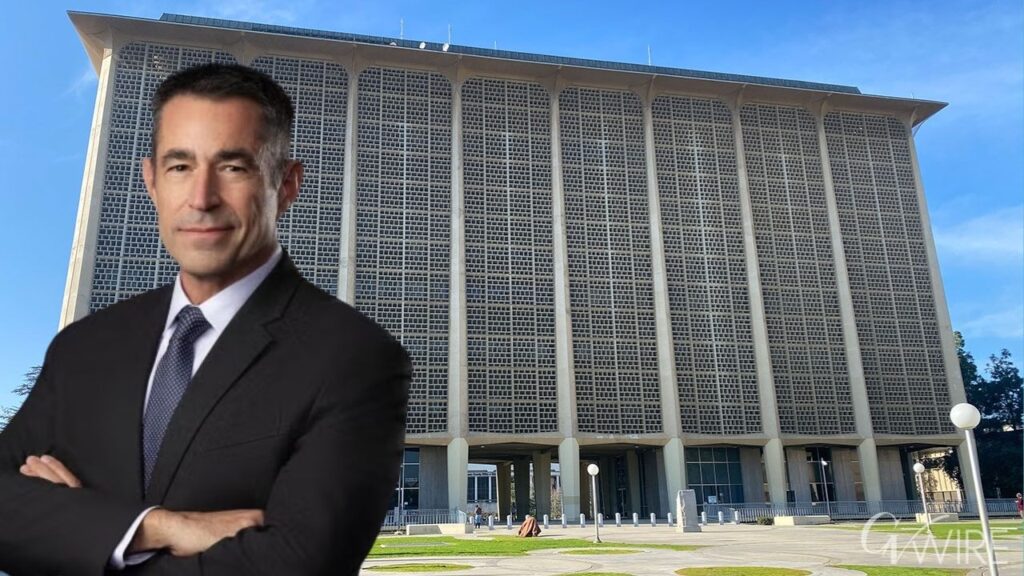Share
To see it unspool — to watch the jumbled images ricochet, live, across the world’s endless screens — was, as an American, a struggle to believe your eyes. But there it was, in the capital city of the United States in early January 2021, a real-time breaking and entering the likes of which the republic has never seen.
The U.S. Capitol was overrun by violent supporters of Donald Trump, who exhorted them to march on the domed building as lawmakers inside carried out their Constitutional duty by certifying his electoral defeat. The proceedings were quickly abandoned as the mob smashed windows, marched through hallways and rummaged through lawmakers’ desks.
Fourteen days before Joe Biden is set to be inaugurated on this very site, elected officials sheltered in place in their own building. Agents barricaded themselves inside congressional chambers, guns drawn. The stars and stripes — soaring over public property — was lowered, then replaced as a blue Trump flag ascended.
In one of the day’s most indelible images, a hoodie-clad trespasser sat in a chair overlooking the Senate floor — minutes after it had been vacated by Trump’s own vice president, Mike Pence — waving his fist in front of a thick, ornate curtain designed to summon the trappings of democracy.
This was not “the peaceful transfer of power” so lionized by the American tradition. Not even remotely. “This,” Republican Sen. Pat Toomey of Pennsylvania said, “is an absolute disgrace.”
The United States on Wednesday seemed at risk of becoming the very kind of country it has so often insisting it was helping: a fragile democracy.
“This is not dissent,” Biden said in a televised address. “It’s disorder. It’s chaos.”
Part of the point of building magnificent structures like the Capitol in the first place was to erect actual physical representations of an abstract system of government — deliberate, solid edifices as immutable and inviolable as their people hope the democracy itself will be.
‘Politics Has Become Such a Cultural Divide in This Country’
So to see wooden furniture used as a barricade to keep American rioters out of an American congressional chamber, to watch Americans shattering American windows gazed through by who knows which American luminaries across the decades — that somehow spoke of something more, something deeper.
No matter what side you’re on, the day’s events underscored that the functioning monuments of a nation of laws — and even the very site where those laws come into being — could be upended by a group of its own people if they were angry enough and determined enough.
“Politics has become such a cultural divide in this country, and this is reflective of that,” said Will James, a 56-year-old Republican-leaning real estate developer in Georgia who did not vote for Trump but backed his state’s Republican candidates for the Senate. He watched the day’s events and was shocked — but felt it had been approaching this point for a long time.
“We’ve lost a sense of common national purpose,” James said. “People are all mad at their country. I don’t think we’ve ever been here before. And I don’t know how a republic survives long-term with those deep divisions.”
In a fleeting message recorded from the White House, less than two miles away, Trump continued to foment those divisions. As Wednesday’s chaos continued to unfold, he said a number of things, many of them inaccurate. At least one, though, was utterly true and hard to challenge: “There’s never been a time like this.”
All Over American Television and on Social Networks
But is this truly an inflection point, or simply another escalation — one in a series that has unfolded so gradually in recent years that the unimaginable of 2015 has become the merely repetitive in 2021? Is this the final gasp of something linked to the current administration, or the emergence of something that will become a dominant strand in the national DNA for decades?
“It seems like a different country, in one of those places where coups happen,” said Bev Jackson, chair of the Democratic Party’s Cobb County African American caucus in Georgia, where two Democrats won U.S. Senate seats in runoff elections Tuesday.
“I think people have feared a moment like this might be coming,” Jackson said. “It’s really sad and it’s really tragic but I think people have been bracing themselves for this.”
All over American television and on social networks were different permutations of the same statement: This isn’t what America is. But what if it is? Indeed, many Americans who watched it all had similar how-could-this-happen-here reactions, echoed by newscasters and interviewees who used phrases like “banana republic” and the more unfortunate “like a third-world nation.”
It raises the question: What on Earth does this look like abroad, where the United States has long positioned itself as a fixer of such things?
“I feel like I’m watching an American film,” said Laurie Pezeron, the founder of a Black literature book club who lives in the suburbs of Paris. “I just hope it doesn’t end up with a civil war.”
Which brings us back to the Senate, shortly before it was infiltrated by intruders. Debating the objection to Arizona’s balloting, Democratic Sen. Amy Klobuchar, an early 2020 candidate for president, had cited Benjamin Franklin’s renowned (and probably actually uttered) words: “A republic, if you can keep it.”
Barely an hour later, chaos had the floor.
Categories

Renee Good’s Relatives Speak to Lawmakers in Washington

















